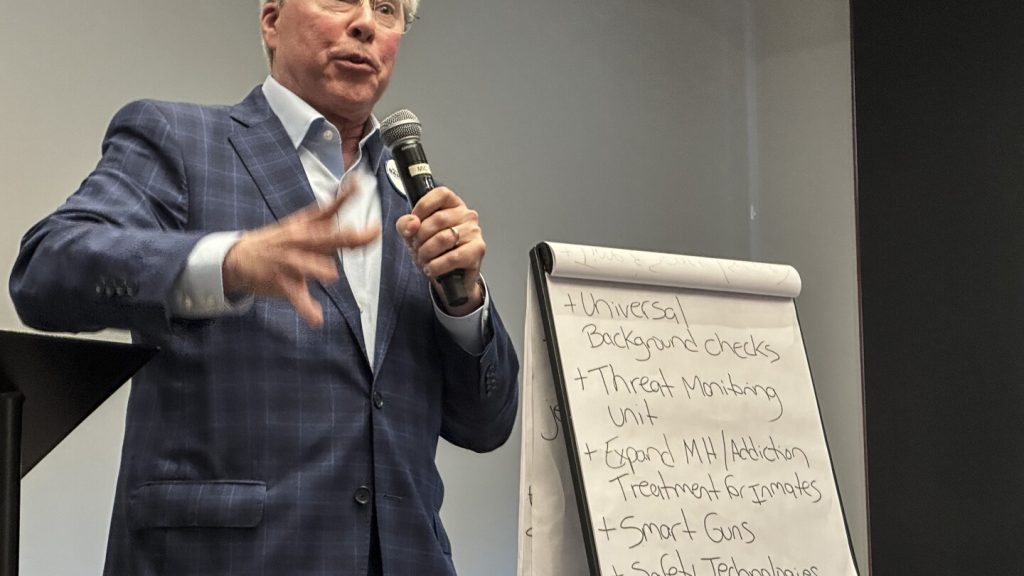In Atlanta, a federal judge rejected a lawsuit by former Democratic Congressman John Barrow, who is running for Georgia state Supreme Court, claiming that a state agency was trying to block him from discussing abortion. The judge determined that Barrow did not have standing to sue because he chose to release a confidential letter from the Georgia Judicial Qualifications Commission, and his public statements indicated that his speech was not being restricted. Barrow, who is running against Justice Andrew Pinson in a nonpartisan contest, has made abortion the centerpiece of his campaign, arguing that Georgia’s constitution guarantees a right to abortion similar to Roe v. Wade before it was overturned in 2022.
While election day is approaching, attention and spending in the race between Barrow and Pinson are higher than in previous judicial campaigns in Georgia. Republican Gov. Brian Kemp and Christian conservative groups are supporting Pinson, while organizations that support abortion rights have endorsed Barrow but provided minimal aid. Georgia’s judicial ethics rules prohibit candidates from making commitments on issues that may come before the high court. A pending challenge to Georgia’s abortion law could potentially be brought before the state Supreme Court, making the issue of abortion central to the campaign.
The Georgia Judicial Qualifications Commission sent Barrow a letter on May 1, suggesting that he may have violated ethics rules by making commitments on issues likely to come before the high court. The commission requested that Barrow align his ads and public statements with their rules. While sanctions could be imposed against Barrow, the judge noted that the commission was far from issuing a punishment. Barrow’s decision to file his lawsuit publicly has brought attention to his race and his stance on abortion, raising his profile among voters. Barrow’s lawyer mentioned the possibility of appealing to the 11th U.S. Circuit Court of Appeals or filing a new lawsuit in state court.
In response to the ruling, a spokesperson for Pinson criticized Barrow for knowingly violating the judicial code of ethics and filing a frivolous lawsuit for political gain. Pinson has refrained from discussing issues, emphasizing the importance of maintaining impartiality in judicial races to preserve public trust in the fairness of the courts. The executive director of the Judicial Qualifications Commission expressed satisfaction with the ruling, allowing the focus to return to addressing unethical judicial campaign conduct. The outcome of the race will be decided by voters in the upcoming election, with Barrow continuing to speak out on issues he deems important.


